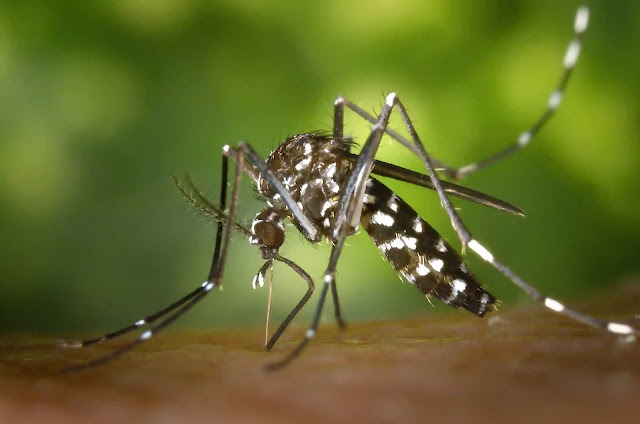10 Important Ways to Prevent Dengue
How to Prevent Dengue?
1. Eliminate mosquito breeding sites: The Aedes mosquito breeds in stagnant water, so it is crucial to eliminate any potential breeding sites around your home. Regularly empty and clean containers that can collect water, such as flower pots, buckets, and discarded tires. Ensure that water storage containers are tightly covered to prevent mosquitoes from laying eggs.
2. Use mosquito repellents: Apply mosquito repellents on exposed skin and clothing to deter mosquitoes from biting. Look for repellents containing active ingredients like DEET, picaridin, or oil of lemon eucalyptus. Follow the instructions on the product label for proper application and reapplication.
3. Wear protective clothing: When in areas with a high risk of dengue, wear long-sleeved shirts, long pants, socks, and shoes to minimize exposed skin. Mosquitoes are most active during dawn and dusk, so take extra precautions during these times.
4. Install window and door screens: Use window and door screens to prevent mosquitoes from entering your home. Repair any damaged screens and ensure they fit tightly to keep mosquitoes out.
5. Use mosquito nets: If you live in an area with a high prevalence of dengue, consider using mosquito nets while sleeping. Ensure that the nets are properly installed and do not have any holes or gaps.
6. Practice good hygiene: Maintaining good personal hygiene can help prevent dengue. Take regular showers and keep your surroundings clean to discourage mosquito breeding.
7. Support community efforts: Participate in community-based initiatives to control mosquito populations. These may include regular cleaning campaigns, fogging, or larviciding activities. Cooperate with local health authorities and follow their guidelines for dengue prevention.
8. Be cautious during travel: If you are traveling to a dengue-endemic area, take extra precautions to prevent mosquito bites. Stay in accommodations with proper mosquito control measures, use bed nets if necessary, and apply mosquito repellents regularly. Be aware of any dengue outbreaks in the area and follow local health advisories.
9. Be aware of symptoms: Familiarize yourself with the symptoms of dengue fever, which include high fever, severe headache, joint and muscle pain, rash, and mild bleeding. Seek medical attention if you experience these symptoms, as early diagnosis and treatment can help prevent complications.
10. Stay informed: Stay updated on the latest information about dengue prevention and control measures. Follow guidelines and recommendations from reputable health organizations, such as the World Health Organization (WHO) or the Centers for Disease Control and Prevention (CDC).
In conclusion, preventing dengue requires a combination of personal and community efforts. By eliminating mosquito breeding sites, using mosquito repellents, wearing protective clothing, and practicing good hygiene, individuals can significantly reduce their risk of contracting dengue. Additionally, supporting community-based initiatives and staying informed about dengue prevention measures can contribute to the overall control of the disease. Remember, prevention is always better than cure when it comes to dengue fever.





No comments